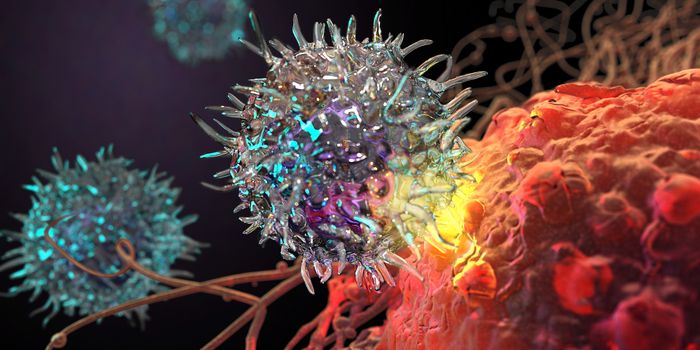Why is it so Difficult to Develop a Vaccine for Coronavirus?
As of February 21st, 2,250 have died worldwide from Coronavirus, while 18,862 have recovered and 55,703 are currently infected. Having made top news stories for around a month and a half, many may wonder why a vaccine for the virus hasn’t been made yet. Of course, the simple answer would be that it’s difficult. So what makes it difficult?
To begin with, viruses mutate very quickly. Made up of ribonucleic acid (RNA), as this genetic material exists on a single strand, unlike a double-stranded DNA, it easily gets cut up and remixed once broken. This enables viruses to mutate quickly, meaning that any cures or vaccines made for a specific RNA may quickly become obsolete.
Although vaccines have worked well in thwarting certain versions of viruses- the recurrence of polio in some countries thanks to a new mutated version immune to previous vaccines is a good example of how difficult it is to thwart viruses even once a vaccine has been made.
More than this, vaccines generally take many years to reach the market as they must go through six developmental steps including a three-phase clinical development stage. This means that, by the time an effective vaccine has been developed and approved as safe-to-use, the emergency may have blown over. Alternatively, if urgency declines to develop a vaccine as infection rates diminish thanks to other factors, research on the vaccine is likely to stall and become neglected, as what happened with the SARS vaccine.
Adding to this, contrary to popular belief, profit margins from developing vaccines are not as interesting as those for developing other drugs, such as painkillers, for most drug companies. Brad Loncar, a biotechnology investor and chief executive of Loncar Investments said, “Successfully developing a preventive vaccine or treatment for a public health crisis is difficult. It typically takes a lot of time and money...There is typically little money in it for companies that do successfully develop something, not the billions that some investors mistakenly expect."
Fewer incentives to develop vaccines also come as existing drugs used to tackle non-pandemic viruses are already being used, with some success, to tackle coronavirus. Gilead’s Anti-HIV drug Remdesevir for example has been used with some success in treating patients with coronavirus, while Kaletra, a combination of two anti-HIV drugs from pharmaceutical group AbbVie is currently undergoing trials in China.
Sources: BBC, Worldometers and The Hill









